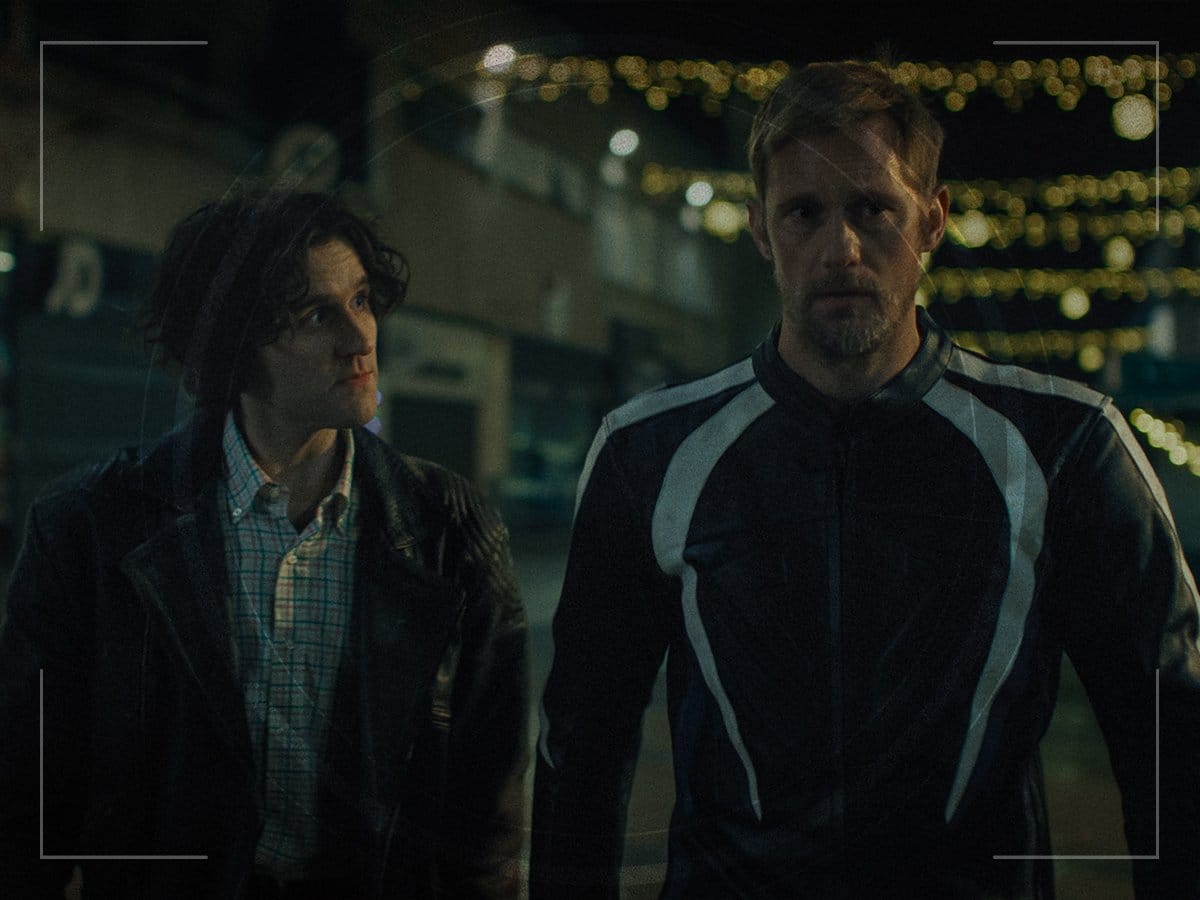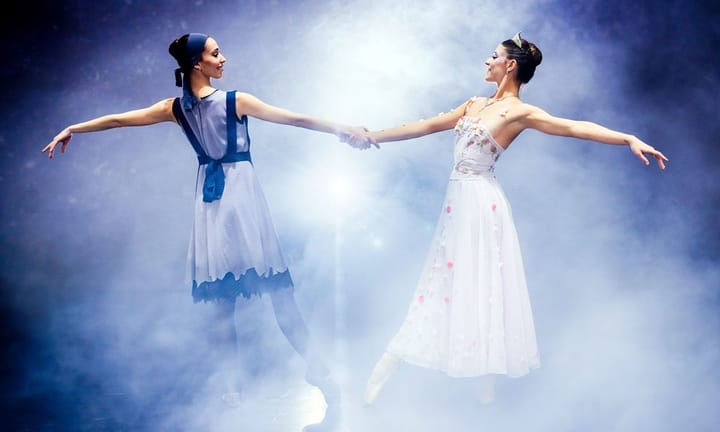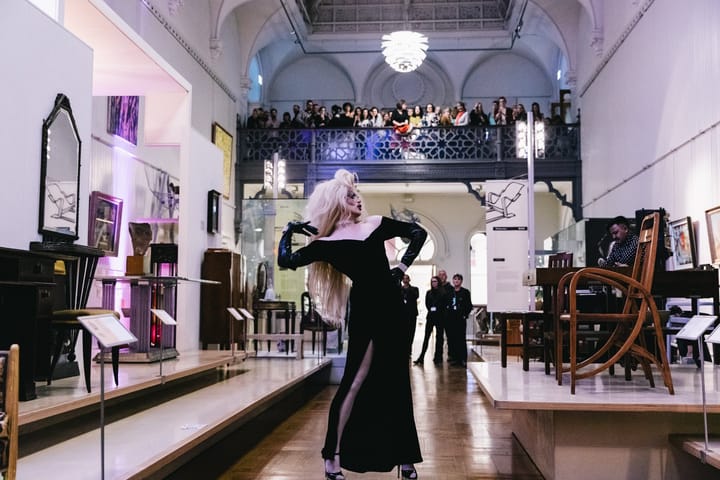“It’s about kinky gay bikers”: Alexander Skarsgård talks raw intimacy in his latest film ‘Pillion’

Alexander Skarsgård has spoken candidly about the bold creative choices behind his latest film, Pillion, a provocative romantic drama that explores a dominant/submissive relationship within a gay biker subculture. Directed by Harry Lighton and co-starring Harry Melling, the film has already made waves following its premiere at the Cannes Film Festival, where it received a seven-minute standing ovation.
In a recent interview at the Zurich Film Festival, Skarsgård revealed that the production shot “way more graphic scenes” than what audiences ultimately see on screen. However, he praised Lighton’s restraint and artistic judgement, saying:
“You don’t shy away from it because ‘Oh, we can’t show men having sex,’ but you also don’t show a close-up of a d— just because you can, for the shock value.”

The film, based on Adam Mars-Jones’ novel Box Hill, centres on Colin (Melling), a shy young man who enters a BDSM relationship with Ray (Skarsgård), a charismatic biker gang leader. Skarsgård described the story as “original” and “authentic,” noting that it portrays a subculture often misrepresented in mainstream media. “Leather gays are scary,” he joked, referencing the 1980 Al Pacino thriller Cruising. “But I know that’s not the truthful depiction.”
Intimacy coordinator Robbie Taylor Hunt ensured the sex scenes served the narrative rather than existing for titillation. Skarsgård echoed this sentiment, saying the scenes were “clumsy and weird” by design, embracing the awkwardness of real intimacy.
“Sex can be awkward and funny. It often looks like a ballet on screen, but we wanted it to feel real.”
Despite the film’s graphic nature, Skarsgård believes Pillion strikes the right balance between respect and rawness. “I think my mum will like this movie,” he quipped. “It’s about kinky gay bikers and a dominant/submissive relationship. Portrayed with the perfect amount of respect, but not too much respect.”
Pillion has been hailed as a fearless and tender exploration of queer romance, with critics praising its emotional depth and refusal to sanitise sexuality.





Comments ()